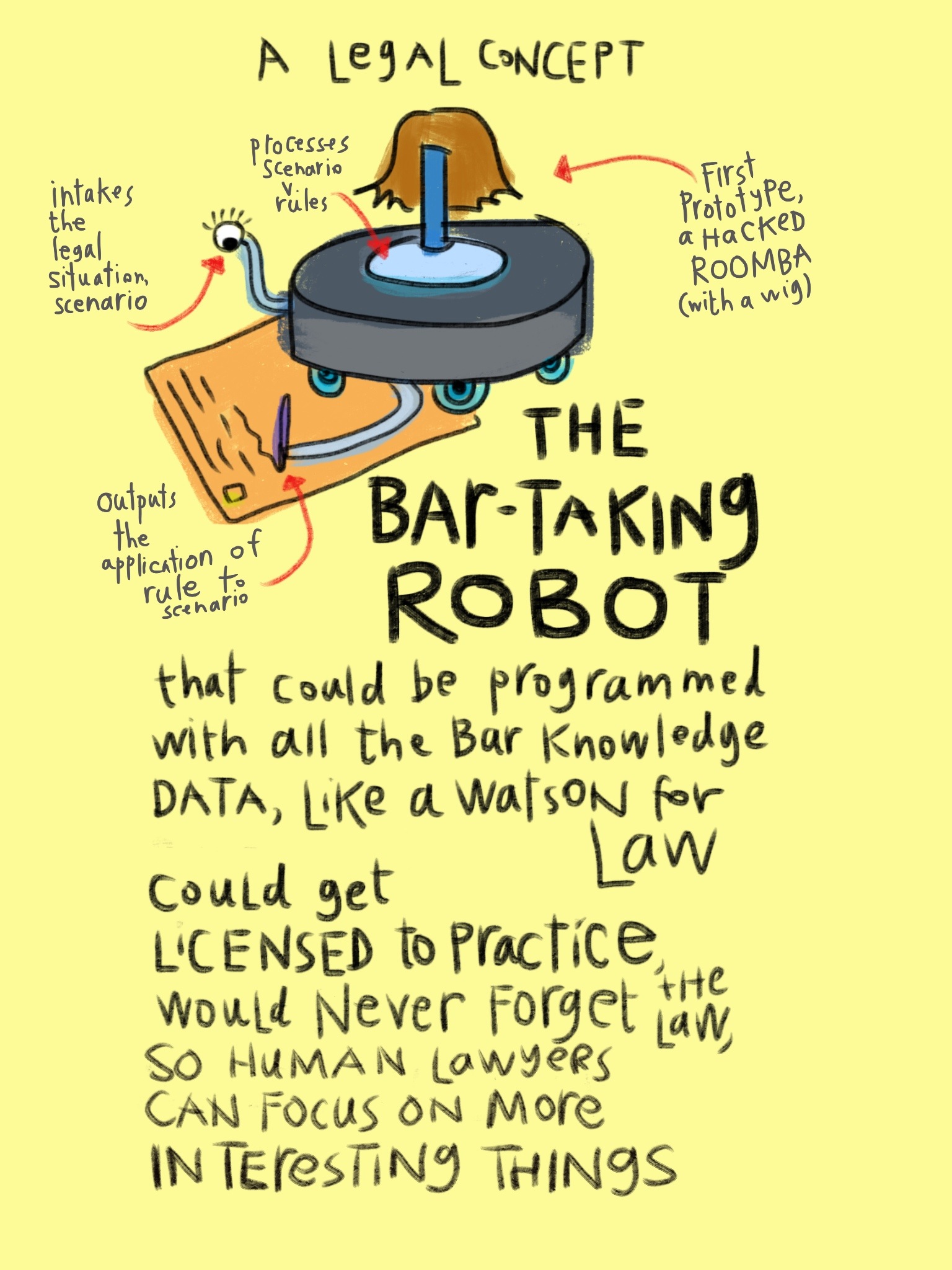The dean of Osgoode Law School in Toronto, Lorne Sossin, has an interesting new post out about the new roles of law schools in developing problem-solvers and social change.

He sees the rise of the new labs, courses, and professional tracks in law schools that focus on innovation and technology as a promise for law schools to take on a stronger role in improving legal systems to be more fair, transparent, and accessible.
One of his central points:
Legal education is evolving from its historic inward focus on legal concepts, doctrines, analytic frameworks (statutory analysis, reasoning by analogy through case-law, etc) and lawyering skills (oral and written advocacy), to an outward focus on problem solving; community engagement; law reform, social and economic innovation; and ideas in action.
This trend is happening as more focus is on experiential learning in law schools, courses that focus on problem-solving rather than just on case analysis, service learning, and empirical research that brings more rigorous analysis to how our legal system currently operates and how it can be better.
It’s exciting to see this opening of law schools’ offerings, and vision of new roles it can play — especially as an engine for change and access to justice.



